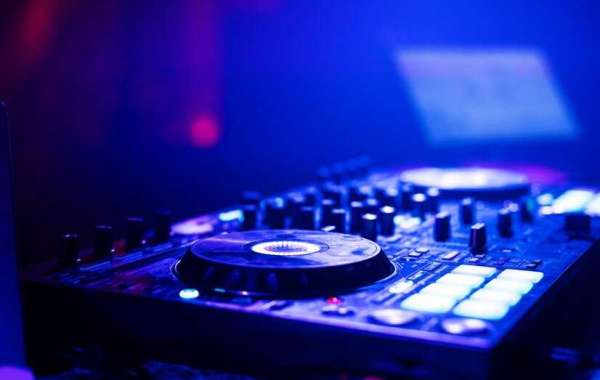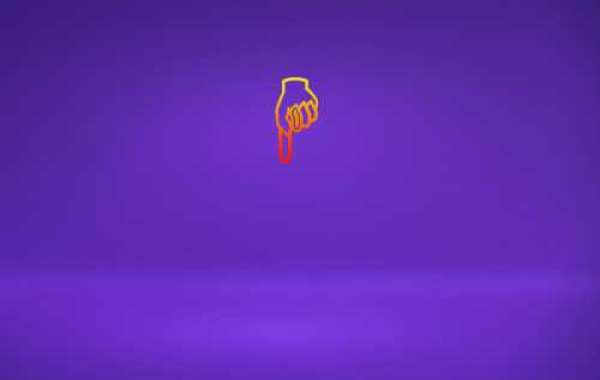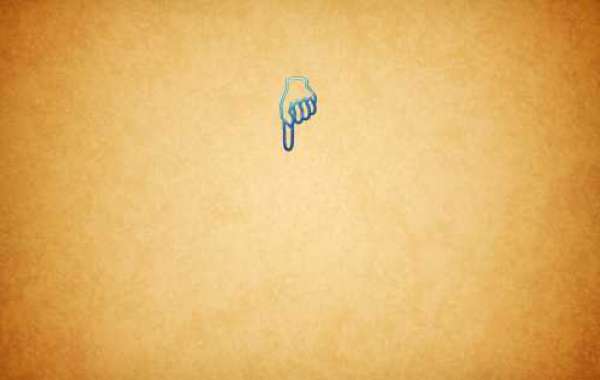A DJ mixer is a device that allows a DJ (disc jockey) to mix audio signals from different sources, such as microphones, turntables, and CD players, and manipulate them to create a seamless, continuous flow of music. It is an essential piece of equipment for any professional or aspiring DJ.
There are several types of DJ mixers available on the market today, each with its unique features and capabilities. Some mixers are designed for use with vinyl records, while others are specifically built for digital DJing with software and laptops.
One of the most important features to consider when choosing a DJ mixer is the number of channels it has. A channel refers to an individual audio source that can be mixed, and most mixers have anywhere from two to six channels. More channels give you more flexibility to mix multiple audio sources at once, but they can also be more complex to use.
Another important feature is the type of faders and crossfaders. Faders control the volume of each channel, while crossfaders allow you to smoothly transition between two channels. Some mixers have rotary faders, which are circular knobs that you turn to adjust the volume, while others have linear faders, which are sliding levers that you push up or down. Crossfaders can also be rotary or linear, and some mixers even have customizable curves to adjust the speed and smoothness of the transition.
Some DJ mixers also have built-in effects, such as echo, reverb, and flanger, that you can use to add depth and interest to your mixes. These effects can be controlled with dedicated knobs or buttons on the mixer, or with the software on your computer.
In addition to audio mixing, many DJ mixers also have features for controlling lighting and video displays. This can be especially useful if you are performing at a club or event with a professional lighting setup.
Overall, a DJ mixer is a versatile and powerful tool that allows you to mix and manipulate audio signals in real time, creating a unique and dynamic listening experience for your audience. Whether you are a professional DJ or just starting, a quality mixer is an essential piece of equipment for any serious DJ.
The ultimate guide to DJ Mixers: Understanding the different types and features
As a DJ, one of the most important pieces of equipment in your setup is the DJ mixer. The mixer serves as the hub for all of your audio sources, allowing you to blend and manipulate tracks to create seamless transitions and unique mixes. With so many different types and features available, it can be overwhelming trying to choose the right mixer for your needs.
First, let's define the different types of DJ mixers:
Analog DJ mixers: These mixers use physical components to control the audio signals, and are often preferred by experienced DJs due to their tactile feel and warm, organic sound.
Digital DJ mixers: These mixers use digital processing to control the audio signals, and offer a wider range of features and effects. They are often more compact and lightweight than analog mixers, making them great for traveling DJs.
Next, let's look at some common features found on DJ mixers:
Channels: The number of channels on a mixer refers to the number of audio sources that can be connected at once. Most mixers have at least two channels, but some have as many as six or more.
EQ: Equalization (EQ) allows you to adjust the frequency balance of each audio channel. This is useful for isolating specific elements of a track, such as the vocals or the bassline.
Faders: Faders are used to adjust the volume of each audio channel. Some mixers have separate faders for the left and right stereo channels, while others have a single fader for both.
Crossfader: The crossfader allows you to blend two audio channels by sliding the fader back and forth. This is an essential tool for creating seamless transitions between tracks.
Effects: Many mixers come with built-in effects such as reverb, delay, and filters, which can be applied to the audio signal in real time.
When shopping for Studio Headphones, it's important to consider your budget and the type of gigs you'll be playing. If you're just starting, a basic two-channel mixer with basic EQ and faders may be all you need. But if you're an experienced DJ looking to take your performances to the next level, you may want to invest in a more advanced mixer with more channels and a wider range of features.
No matter which mixer you choose, the most important thing is to find one that feels comfortable and intuitive to use.








